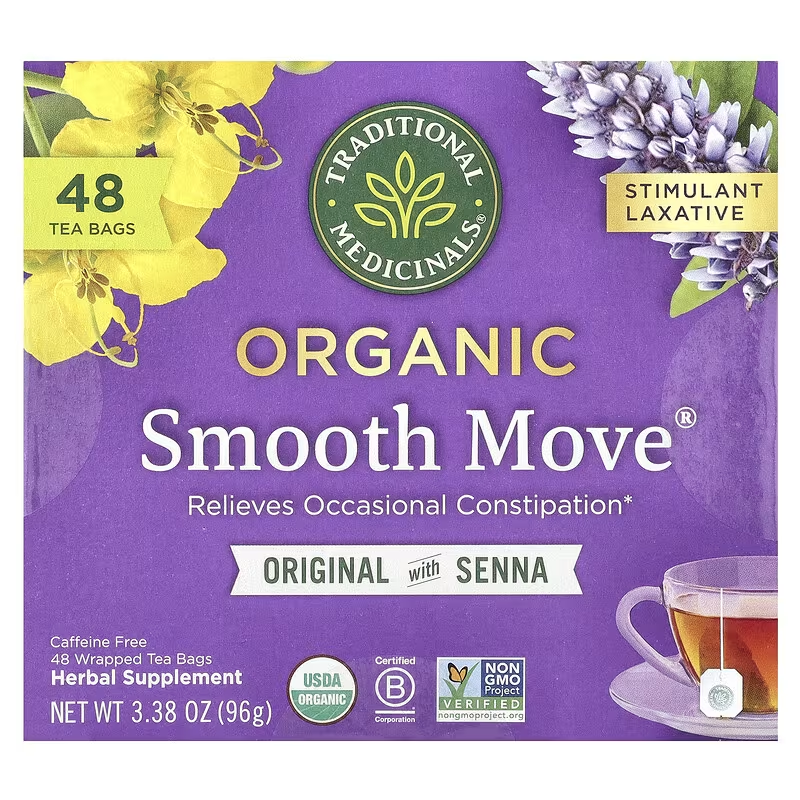To effectively fight against diseases and infections, a strong immune system is crucial. It acts as the body’s defense mechanism against harmful elements such as bacteria, viruses, and fungal infections. One way to boost your immunity is through dietary supplements. With a wide variety of nutrients beneficial to the immune system, these supplements can provide the essential compounds your body may otherwise lack. This article will delve into how dietary supplements can contribute to strengthening your immune system.
Vitamin C is one of the most popular dietary supplements known for its immune-boosting properties. This water-soluble nutrient fuels the growth of tissue repair cells, enhances antibody production, and aids phagocytes in destroying harmful bacteria. Furthermore, it helps preserve the integrity of the skin, a critical barrier against pathogens. While citrus fruits, bell peppers and strawberries are excellent sources, supplementing with vitamin C ensures you meet your daily intake requirements, enhancing your body’s disease-fighting capabilities.
Similarly, vitamin D, known as the “sunshine vitamin,” plays a pivotal role in empowering the immune system. It modulates the innate and adaptive immune responses, reducing the likelihood of infection. Getting sufficient sunlight can be challenging, especially during winter. Therefore, supplementing with vitamin D, especially for those living in colder climates, is imperative in maintaining an effective immune system.
Probiotics have recently gained attention for their immunity-enhancing effects. Primarily known for promoting gut health, these beneficial bacteria and yeast also aid in the proper functioning of the immune system. With about 70% of the immune system residing in the gut, a probiotic supplement can help fortify your body’s natural defenses by improving gut flora. Probiotic strains such as Lactobacillus and Bifidobacterium foster a healthy immune response and have been found to reduce the risk and duration of respiratory and gastrointestinal infections.
Moreover, zinc is another integral nutrient associated with immune function. It is essential in the growth and functioning of immune cells like neutrophils and killer T-cells. Even a mild deficiency can impair immune function. Regular consumption of zinc-rich foods such as shellfish and legumes is beneficial, but dietary supplements can help plug any nutrition gaps.
Omega-3 fatty acids, primarily found in fish oil supplements, are known for their anti-inflammatory properties and their ability to preserve cellular function. Regular intake of these fatty acids can help the immune system function smoothly. Research has shown that they can enhance the function of immune B cells and contribute to the body’s defences against harmful pathogens.
Echinacea, a traditional herbal remedy, is believed to possess immune boosting properties. Supplementing with echinacea can stimulate the immune system and increase the production of white blood cells, which are vital for fighting infections.
However, while dietary supplements are beneficial, it’s crucial to remember that they’re not a stand-alone solution for immunity. They should be coupled with a balanced diet, regular exercise, adequate sleep, and proper hydration. These habits foster an environment for the supplements to function optimally, ensuring a robust immune response.
Additionally, consulting a healthcare professional before starting any supplement regime is advisable. They can provide guidance on the necessity, dosage, and possible interactions of these supplements.
In conclusion, dietary supplements can significantly contribute to strengthening the immune system. Supplementing nutrients like vitamins C and D, zinc, omega-3 fatty acids, and probiotics can help maintain and enhance your body’s natural defences. Follow a holistic approach by boosting these supplements with a well-rounded lifestyle to ensure the optimal functioning of your immune system.
Related
Discover more from NatureZen Market
Subscribe to get the latest posts sent to your email.











